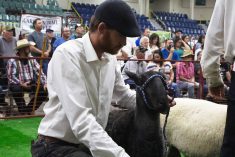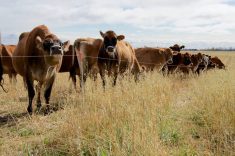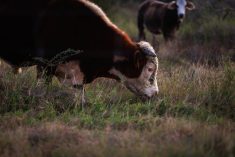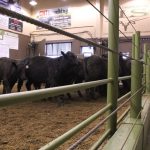CALGARY – Stealing a horse used to be a hanging offence.
With the recent surge in thefts in Alberta, a few horse owners think the return of the rope might not be a bad idea.
In the last year horse thieves have been busy in Alberta stealing horses that could end up as far from home as Ontario.
Four horses stolen from the Priddis area south of Calgary last week were recovered at an auction mart in British Columbia. Two of them were dressage horses valued at about $35,000 in total.
Read Also
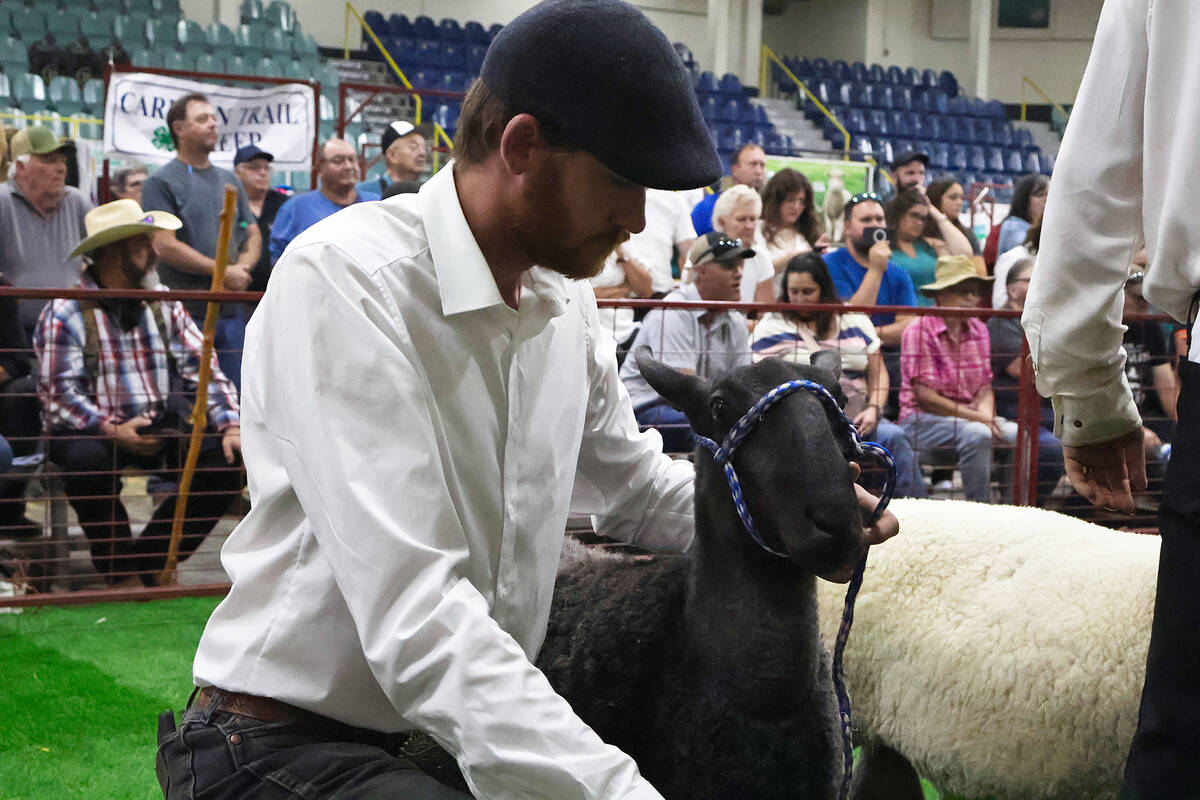
Bluefaced Leicester breed in a class all its own
The Bluefaced Leicester’s high-quality mothering skills and quality wool are some of the strong traits that make the breed a good addition to any operation.
RCMP livestock investigator Emil Smetaniuk says horse thieves often have a network of connections to sell the animals. They need trailers and vehicles to haul them away, as well as a working knowledge of livestock.
“Anybody can shoplift, but not everybody can steal livestock,” he said.
The lure of making easy money is often the main reason for the theft.
Three of the Priddis horses weren’t branded and that marking may be the only way to trace a horse back to its owners.
One of the family
However since many horses are like family pets, owners are reluctant to brand them.
“They don’t want to hurt their babies because they feel it’s a very painful experience,” he said. However, that short term pain may ease a lot of unhappiness and expense later if a valuable horse goes missing.
Les Burwash of Alberta Agriculture’s horse industry branch said there are a few steps people can follow to protect their horses.
Horses should be branded and if they end up in an auction yard the brand inspector will demand proof of ownership.
Take a picture
Horses should be photographed, especially high priced sport horses.
Potential buyers should ask to see registration papers. By law in Canada, the name of the seller must match the name on the registration papers. If it doesn’t, ask why.
If a horse seems to be of high quality but the asking price is unusually low, ask questions. The deal that seems too good to be true probably is.
The current slaughter price is about 90 cents a pound liveweight and if a horse is being sold for just above that rate, the buyer should be suspicious, said Burwash.
People living in the country are advised to join rural crime watch programs. They should be aware of their neighbors and if they see unknown vehicles entering a neighbor’s property they should report it to the local RCMP.





